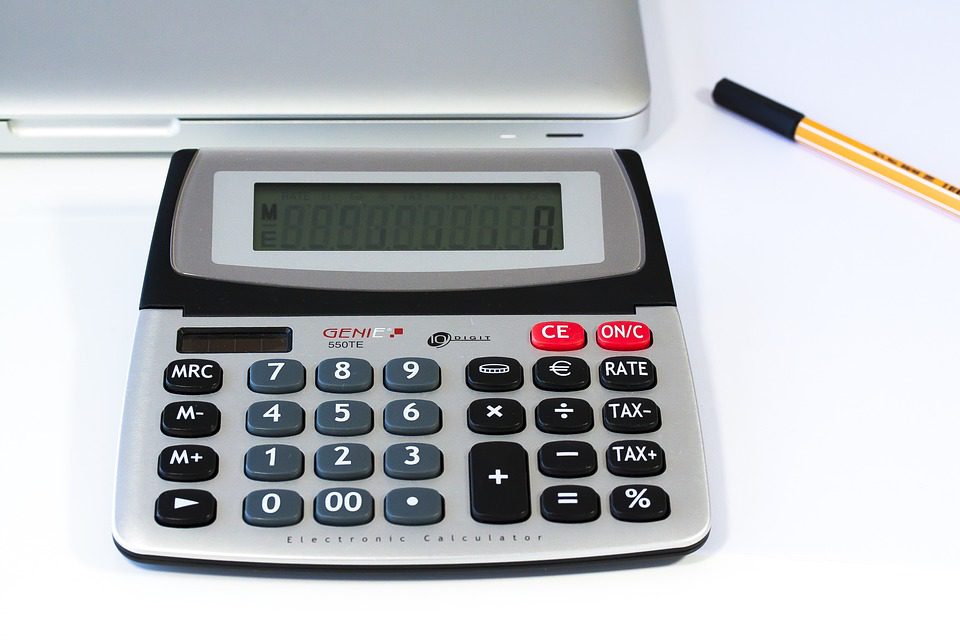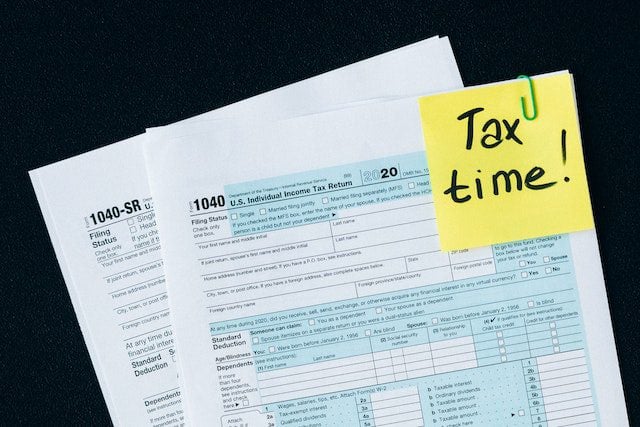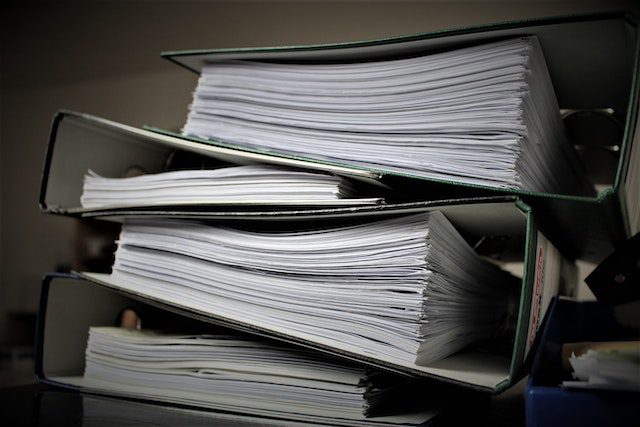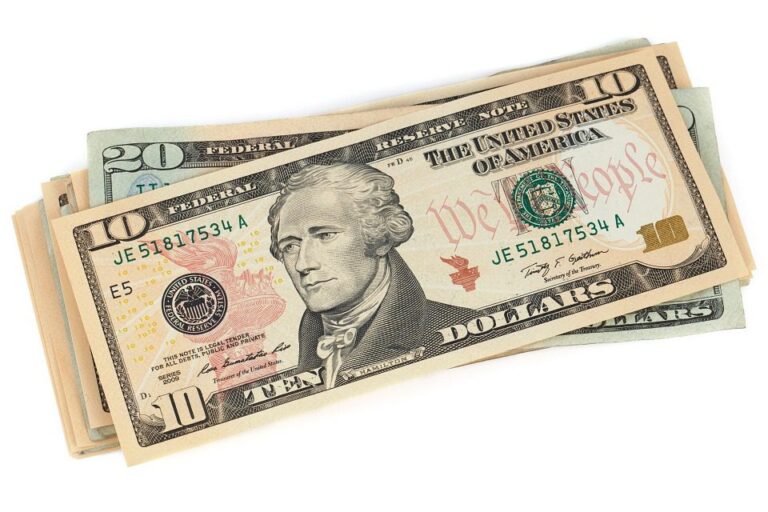6-Point Quiz: Tax Relief for Filing Taxes Early?
Are you a tax novice, an average citizen, or a tax whiz? Time to score your basic tax knowledge about filing taxes early. Take this short quiz. Give yourself a point for each correct answer.
Find out if you rate as a:
- tax novice (score 0-2),
- an average citizen (score 3-5),
- or a tax whiz (score a perfect 6 out of 6).
Tax Quiz – 6 Questions
- When does the IRS begin accepting tax returns?
a. on January 27
b. on March 15 (one month before the April 15 deadline) - Is there an “earlybird” bonus for filing your taxes early?
a. Yes, the IRS awards an early bird bonus to those who file their taxes early. The early bird bonus depends on your tax bracket.
b. Yes, the IRS awards a $45 early bird bonus to those who file their taxes early.
c. No, the IRS does not award any bonus for filing taxes early. - Does the date of filing affect when your refund will be issued?
a. No. Uncle Sam will hang on to your money as long as possible, so refunds are mailed or deposited no earlier than April 15, no matter when the return was filed.
b. Yes. The sooner you file, the sooner you’ll receive your refund.
c. Yes. Refunds always experience significant delays if you file close to the April 15 deadline. - You will receive a refund more quickly if …
a. You send a paper tax return with the US postal system.
b. You send a paper tax return with a courier company.
c. You e-file a digital tax return.
d. There is no way to shorten the time required for receiving a refund. - Which statement is true?
a. Taxes filed early are more likely to be audited than later files (more IRS employees sitting around without anything to do – might as well audit some of these early returns).
b. Taxes filed early are less likely to be audited than later files (IRS employees know that procrastinators are also more likely to be sloppy cheaters).
c. Whether you file early, on time, or late does not affect the likelihood that you will be audited. - Filing a tax return early is giving the government free money because the government will earn interest on money instead of you.
a. True
b. False
Answer key:
- A
- C
- C
- C
- B
How did you score? What’s your status?
- Tax novice (score 0-2)
- Average citizen (score 3-5)
- Tax whiz (score a perfect 6 out of 6)?
Whether you are a novice, average, or a whiz, read on for handy explanations, including a few details about filing taxes early that may surprise you.
When does the IRS begin accepting tax returns?
The IRS begins accepting e-file tax returns for the 2020 tax year on January 27. An e-file tax return is a return that has been filed online. In 2020, more than 90% of taxpayers filed their paperwork online.
Does the IRS grant an “early-bird” bonus for filing taxes early?
No, the IRS does not grant an early-bird bonus for early filers. Yet, there are reasons to file your taxes early that are worth considering.
If you are receiving a refund, filing early means that you will receive your refund sooner. If you receive a refund in February and pocket the interest you earn between February and July, you have effectively created your own early bird bonus.
If you are not receiving a refund, but owe taxes, then filing early means that you will have more time to gather the funds and organize your assets. No matter when you file your return, you don’t have to pay any taxes until the tax deadline. Taxes are usually due on April 15th, but in 2020, due to the challenges of COVID-19, the tax deadline was extended until mid-July.
Filing early may save you money by allowing you to benefit from the best and brightest thinking from your tax professional or tax attorney. Filing your taxes early will allow your tax attorney to probe for deductions and design unique tax-saving strategies that may save you money. Some of these strategies may require you to gather additional information or make other changes that are best managed without time pressure.
Does the date of filing affect when I will receive my refund check or refund deposit?
Yes. The earlier you file a tax return that includes a refund, the earlier you will receive your refund. Electronic refunds can be approved within 24 hours of filing. The IRS claims that most tax refunds are issued within 21 calendar days of the filing date, so the earlier you file, the earlier you will receive your return.
E-filed returns may receive refund approval within 24 hours of filing. Paper tax returns take longer to process, with refunds coming, on average, four weeks after the postage date. The IRS has posted an informative Refund FAQ page here.
Does the manner of filing a tax return (paper or digital) affect how fast my refund will be issued?
Yes. The IRS states that taxpayers can start checking their Where’s My Refund status 24 hours after a digital tax return has been uploaded. In contrast, the IRS recommends that a taxpayer who filed a paper tax return wait four weeks after a paper tax return has been mailed to start checking their Where’s My Refund status. You will receive a refund more quickly if you e-file a digital tax return.
Does filing early decrease my chances of being audited?
No. There is no evidence that filing early will increase the chances of your tax return being audited. Incidentally, there is also no evidence that filing near the April 15 deadline, or even filing with a late extension, will increase the chances of being audited.
Doesn’t filing early give the government the chance to earn interest on my money?
No. No matter how early you file your tax return, any taxes owed are not due until the tax deadline of April 15 (pushed back to July 15 this year due to the pandemic.) The date of filing the tax return does not affect when your taxes are due or when they need to be collected.
Filing a tax return early does not disadvantage you in interest earnings, and it will help you know exactly how much money you need to set aside. It will also give you adequate time to set it aside in a deliberate and non-disruptive manner.
Conclusion
Filing a tax return early may be a tax strategy that offers advantages in several ways, including saving you money. Filing early will give you the chance to gather the documents you need and avoid a costly late extension or back-fees. Your taxes are not due when you file, but rather your taxes are due on tax day, no matter when you file.
In addition, filing early will allow you to receive the best consultations from your tax professional and give you time to adjust your finances to your advantage. If you are owed a tax refund, filing in advance of the due date will allow you to receive your refund earlier and possibly pocket the interest, creating your own early bird tax bonus.
If you have had trouble with the IRS in the past, you may be feeling overwhelmed or discouraged about your taxes. Fortunately, you don’t need to go it alone. Check with a trusted tax relief attorney to design a long-term tax strategy that will be of the most benefit to you. These tax resolution specialists know all the ins and outs of IRS processes and policies and can help you navigate them in the best way possible so that you can relieve old debts and other issues in the most financially advantageous way.







